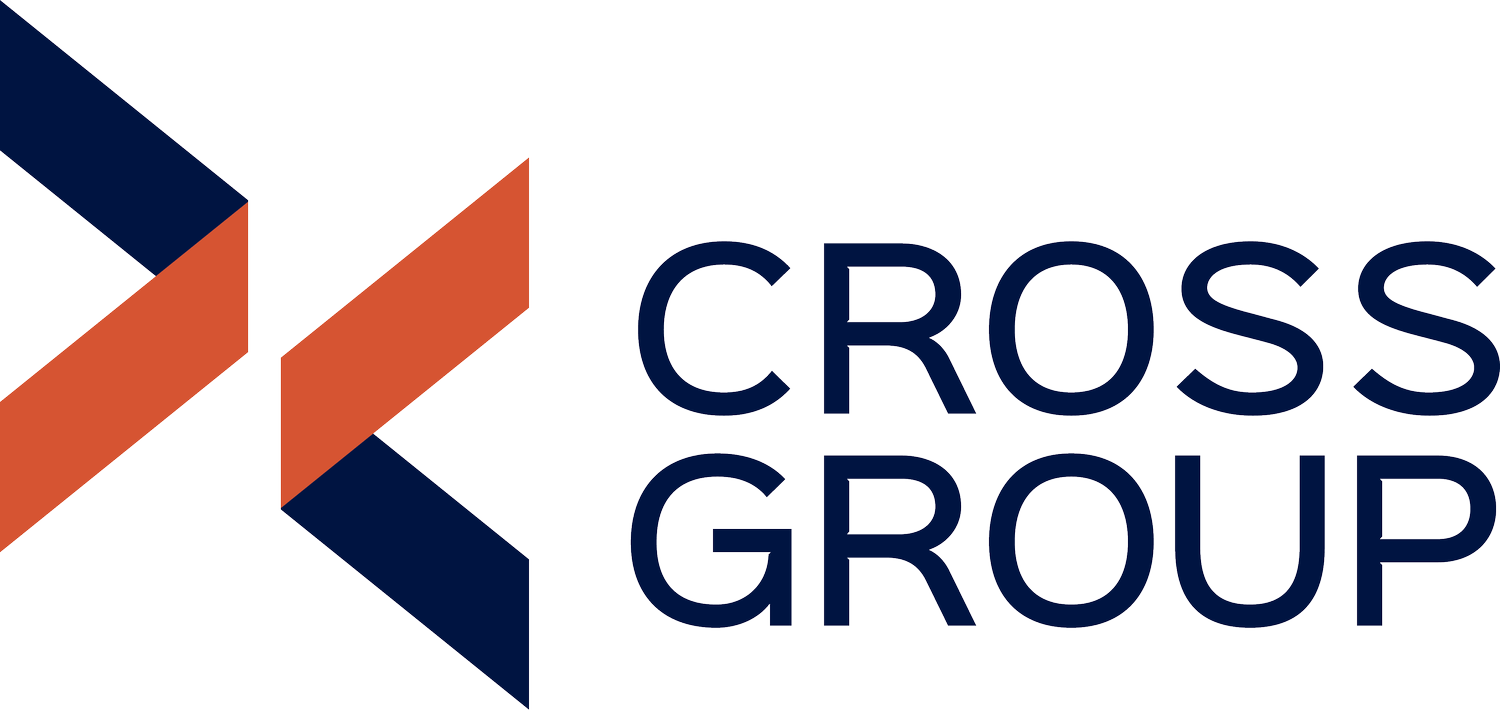5 Signs You’re Undercharging
Are you charging what you’re truly worth?
It’s a tricky question, especially if you’re in a niche industry or running your own contracting business. With costs rising across the board, it’s worth checking in on whether your fees are keeping pace.
Here are five tell-tale signs you might be undercharging:
1. Nobody ever questions your quotes
If every client accepts your quote without hesitation, asks for no breakdown, and never requests a discount, it might not be because your proposal is perfect—it could be because they know they’re getting a bargain.
2. You’re run off your feet but can’t afford help
Working flat out but still not having enough left over to hire staff or contractors? That’s a clear signal your pricing isn’t supporting sustainable growth.
3. Your prices haven’t changed in years
Most industries see small price increases each year to keep up with inflation and market changes. If your fees have been the same for two years or more, chances are you’ve fallen behind the curve.
4. You’re overbooked
When you can’t squeeze in another client and your schedule is at breaking point, it’s time to lift your rates. A price increase can balance demand and give you room to breathe.
5. Clients don’t treat you as well as they should
When clients think they’re paying peanuts, they’ll often take you for granted. They don’t see your time as valuable, so they feel free to mess you around
So, what should you be charging?
Finding your pricing sweet spot takes time and a bit of research. Start by looking at your competitors and talking to others in your industry.
At Cross Group, we see pricing struggles come up often. If you’d like some perspective, we can share what we’ve seen across similar industries and help you rethink your approach. A small adjustment to your fees could make a big difference to your cashflow, capacity, and client relationships.
Ready to check if your prices are on the right track? Get in touch with us—we’d love to chat.

